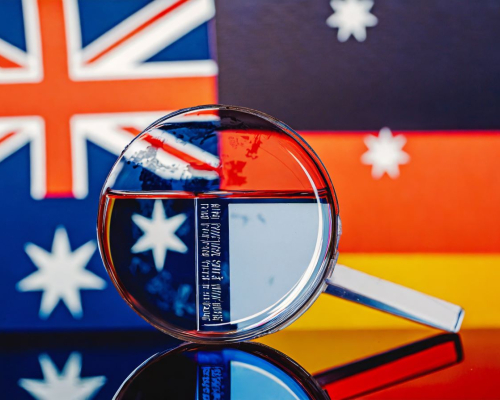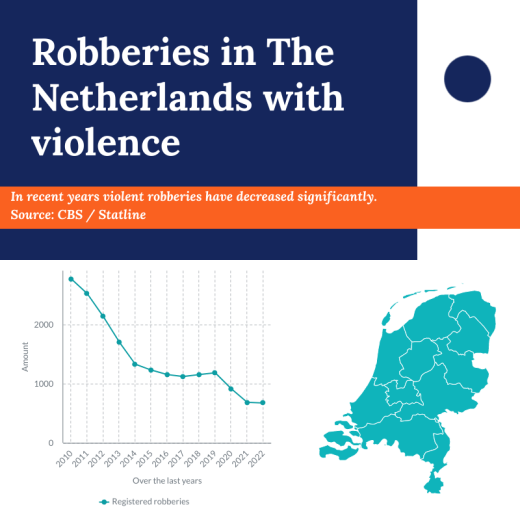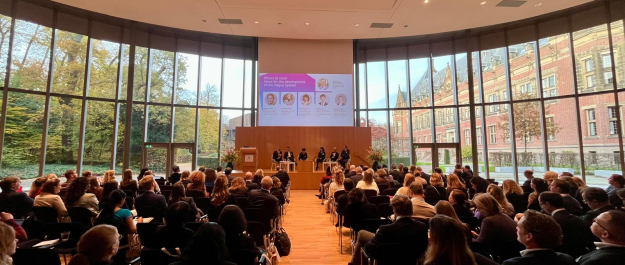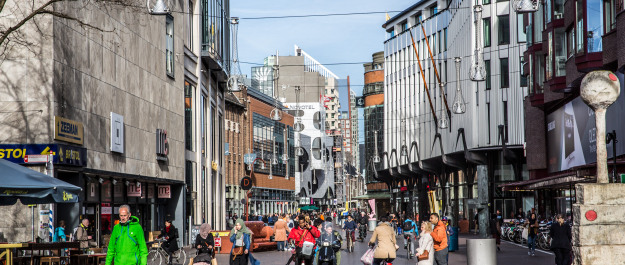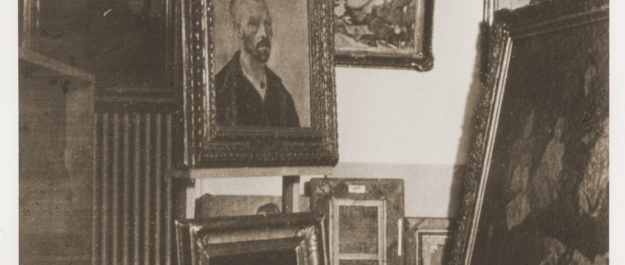Tiny fragments of glass often surround criminals involved in jewelry store heists or violent acts like ram-raids and explosive ATM attacks. Whether smashing display cases with hammers, ramming windows with a vehicle, or detonating explosives, minuscule glass fragments find their way onto the clothing or footwear of perpetrators. These tiny glass splinters play a crucial role in linking suspects to crime scenes.
Peter Zoon is Senior Forensic Scientist at The Netherlands Forensic Institute (NFI) based in The Hague:
"Small impurities in the raw materials that are used to make glass make its composition very distinctive. Thanks to this chemical 'fingerprint', the NFI has developed a forensic glass database, enabling the comparison of glass fragments found on suspects with those at crime scenes, aiding the police in connecting suspects to criminal activities."
The database is in use since 2014 in the Netherlands and has identified or linked dozens of suspects to explosive ATM attacks, crimes that might have otherwise gone unnoticed. Explosive attacks reached their peak in the Netherlands in 2016. One group of criminals who committed explosive attacks in 2015 and 2016 are linked to 19 different cases due to the database. 7 Men were convicted from 5 to 10 years of prison.
In recent years, violent robberies have decreased significantly. Source: CBS / Statline (Statistics Netherlands’ database)
Exporting Criminal Expertise
Explosive attacks became prevalent in Germany after 2016. In 2017, five men carried out multiple explosive attacks within four days in Germany. The main suspect, a 29-year-old man from Utrecht, was sentenced to seven years in prison based on glass splinters found in his balaclava linked to the crime scene. Dutch criminals are identified as the perpetrators in 70 to 80 percent of explosive attacks in Germany, turning it into a Dutch 'export product.' The Netherlands and Germany are working together in establishing a joint database to combat this cross-border criminal activity.
The Dutch database currently holds nearly 650 reference pieces of glass from approximately 225 criminal cases, while the German counterpart has accumulated over 2000 reference pieces. Since 2019, 50 investigations have compared glass splinters to reference glass in the database, yielding matches in over half of the cases.
Dutch expertise to solve Australian crimes
Last year Peter Zoon visited the Australian Federal Police (AFP) and the International Association of Forensic Sciences (IAFS) in Sydney. The AFP, equipped with technology similar to that used by the NFI, sought collaboration with Dutch experts to quantifiy and register the chemical fingerprint of glass in a database. While sharing expertise with the AFP, the NFI does not export the content of its glass database to Australia due to differences in glass compositions. Zoon emphasized the need for Australia to build its own database because of the geographical disparity in glass manufacturing.
About the NFI
The Netherlands Forensic Institute (NFI) is one of the world’s leading forensic laboratories. From its premises in The Hague, The Netherlands, the NFI provides products and services to a wide range of national and international clients. They are focused on truth, guided by science, for a safer society.
Read more about the work of Peter Zoon
Not only in Germany and Australia the expertise of Peter Zoon is used. Peter Zoon contributed his expertise in many other situations where forensic details and microtraces play a crucial role. E.g. he participated in the triage and examination, evaluated the results and reviewed the manuscript of the report about the outcomes of the Forensic Triage Preceding Disaster Victim Identification in the Downing of Malaysia Airlines Flight 17.
Technology Park Ypenburg
The Netherlands Forensic Institute is one of the innovative organisations located at Technology Park Ypenburg (TPY) in the middle of the Great Rotterdam The Hague area. Here companies are developing innovative solutions in the field of high-tech manufacturing.
Read more

ATM explosive attacks in Europe rise again
EAST has published a European Payment Terminal Crime Report covering 2022 which highlights an increase in explosive attacks on European ATMs.
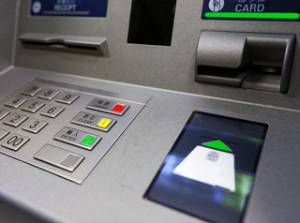
A joint investigation team (JIT) between the Dutch and German authorities has taken down an organised crime group specialised in explosive attacks against Automatic Teller Machines (ATMs). A total of 9 suspects have been taken into custody as a result of this 18-month investigation coordinated by Europol and Eurojust. The criminals were producing step-by-step tutorials on how to blow up...
